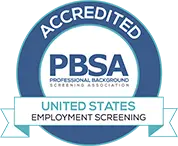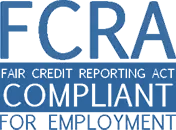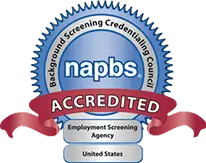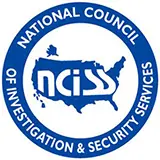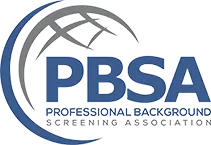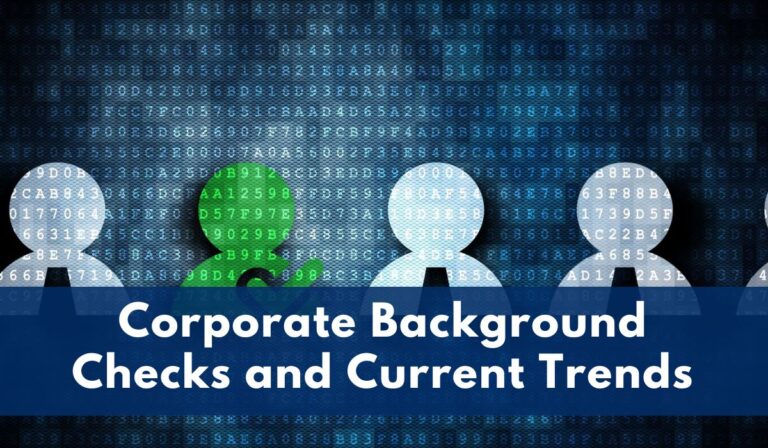Building a positive work environment is essential for any organization’s success and reputation, yet workplace misconduct can disrupt this goal. From minor infractions to serious offenses, surveillance for workplace misconduct—when conducted ethically and responsibly—can be an effective tool for uncovering issues and maintaining workplace integrity.
The Importance of Surveillance for Workplace Misconduct
Identifying Misconduct
Workplace misconduct can range widely in severity, from theft and fraud to harassment, substance abuse, and breaches of company policies. Surveillance for workplace misconduct allows employers to identify inappropriate behavior that could harm company culture, employee safety, and overall organizational health.
Challenges in Detection
Not all instances of misconduct are immediately visible, and some issues, like covert theft or discreet policy violations, may go unnoticed without careful monitoring. Undercover surveillance becomes a necessary tool to detect these hidden behaviors, enabling timely intervention and resolution.
Ensuring Legal and Ethical Compliance
Maintaining Employee Privacy
While surveillance for workplace misconduct is essential, it’s equally important to respect employees’ rights to privacy. Ethical workplace surveillance should adhere to privacy regulations and avoid intrusive practices that could infringe on employees’ personal boundaries.
Use of Surveillance as a Proportionate Measure
Surveillance should only be employed when there is a reasonable suspicion of workplace misconduct, and its scope should be proportional to the severity of the suspected issue. This approach maintains a balanced and ethical response, where surveillance is targeted, minimal, and aligned with the seriousness of the potential misconduct.

Ethical Considerations of Undercover Surveillance
Transparency and Communication
Clear Policies on Surveillance
To foster transparency, employers should establish clear policies regarding surveillance for workplace misconduct. These policies should outline when and how surveillance may be used, ensuring that employees are aware of the company’s commitment to a fair, respectful work environment. Open communication about these policies can deter potential misconduct and reinforce trust within the workplace.
Necessity of Undercover Surveillance
Undercover surveillance should be used only when other investigative methods have proven inadequate. Employers must emphasize that this form of surveillance is a last-resort approach, focusing solely on situations where significant misconduct is suspected, and other approaches have not provided sufficient insights.
Informed Consent
Employee Awareness as a Preventative Measure
Where possible, employees should be informed about the general potential for workplace surveillance. This awareness serves as a deterrent against misconduct, promoting a culture of accountability and trust. By communicating the possible use of surveillance for workplace misconduct, employers can encourage employees to adhere to company standards and maintain ethical behavior.
Legal Compliance in the Absence of Consent
In cases where informed consent cannot be obtained due to legal or operational constraints, employers must ensure that undercover surveillance fully complies with all applicable laws. It is crucial that employers understand the legal boundaries surrounding surveillance for workplace misconduct to avoid infringing on employee rights while still safeguarding the organization.
Methods of Undercover Surveillance for Workplace Misconduct
Covert Observations
Unobtrusive Presence
Surveillance for workplace misconduct can include discreet observations of employees within their natural work settings. By remaining unobtrusive, surveillance can capture genuine behaviors, providing valuable insight into potential misconduct without disrupting daily operations.
Video Surveillance
Video surveillance is often employed in specific areas where misconduct is suspected. When done within legal and ethical guidelines, video recording can be a powerful tool for capturing evidence of workplace misconduct, ensuring both transparency and accountability.
Investigative Personnel
Undercover Agents
In some cases, companies may deploy trained undercover agents or investigators to monitor activities discreetly within the workplace. These agents are trained to identify signs of misconduct while maintaining a low profile, gathering firsthand information in a way that complements other surveillance methods.
Employee Reporting Programs
Establishing reporting programs encourages employees to report any suspicions of workplace misconduct themselves. By offering a confidential and accessible platform for reporting, companies can obtain valuable information directly from their workforce, sometimes eliminating the need for extensive surveillance.

Digital Monitoring
Computer and Network Surveillance
Monitoring digital communication channels, such as emails, instant messaging, and internet usage, can reveal evidence of workplace misconduct, particularly in areas like information security breaches or inappropriate communication. This digital surveillance method helps address misconduct related to technology usage in the workplace.
Data Analytics for Pattern Detection
Leveraging data analytics allows organizations to detect patterns that may indicate misconduct, such as irregularities in access times or communication spikes. By identifying these patterns, employers can address misconduct proactively, making data analytics a vital part of effective surveillance for workplace misconduct.
Safeguarding Against Abuse
Limiting Scope and Duration
Specific Focus
Defining a clear focus for surveillance for workplace misconduct is essential in order to avoid unnecessary invasion of employees’ privacy. Surveillance should be carefully tailored to address specific issues without expanding beyond the intended scope, ensuring both fairness and respect for employees.
Time Limitations
Establishing time constraints for surveillance operations helps ensure that monitoring is conducted efficiently and not unnecessarily prolonged. Limiting the duration of surveillance reinforces ethical standards and prevents potential misuse.
Handling and Security of Data
Confidentiality of Information
Surveillance data must be kept confidential, with access restricted to authorized personnel only. Protecting the confidentiality of information obtained through surveillance for workplace misconduct is crucial in maintaining trust and upholding ethical standards.
Secure Storage of Surveillance Data
Surveillance data should be stored securely to prevent unauthorized access and potential misuse. Implementing robust data security protocols protects sensitive information and ensures that surveillance efforts remain compliant with privacy regulations.
Compliance with Legal Requirements
Knowledge of Applicable Laws
Compliance with Employment Laws
Surveillance for workplace misconduct must adhere to employment laws that protect employees’ rights and privacy. Ensuring compliance with these regulations is crucial in conducting ethical and legally sound surveillance practices.
Consent and Notification Requirements
Employers should follow all legal requirements for obtaining consent or providing notification to employees about workplace surveillance, where applicable. Transparency in these areas supports ethical practices and helps build trust among employees.

Consultation with Legal Experts
Seeking Legal Advice
Consulting with legal experts ensures that surveillance practices align with current laws and regulations. Legal advice is especially beneficial in complex cases where the boundaries of surveillance for workplace misconduct might be legally nuanced.
Documentation and Record Keeping
Maintaining detailed records of the justification, methods, and outcomes of surveillance activities demonstrates a commitment to transparency and legal compliance. Accurate documentation helps protect the organization by providing evidence of ethical and lawful surveillance practices if questions arise.
Surveillance can be a valuable tool for addressing workplace misconduct, but only when it’s used ethically, transparently, and within legal limits. The real challenge lies in balancing the need for a safe, positive work environment with respect for employee privacy. By establishing clear policies, communicating openly, and upholding ethical standards, organizations can create a culture where integrity and accountability thrive. In doing so, they build workplaces rooted in trust and fairness, making them stronger for everyone.
ASG Investigations offers expert support in conducting ethical, legal surveillance for workplace misconduct, helping organizations maintain a safe, respectful environment. Our team can tailor solutions to meet your specific needs, providing the right balance of integrity, discretion, and compliance. To learn more about how ASG Investigations can assist with employee misconduct investigations, click here. For a consultation, call us at (888) 677-9700.

